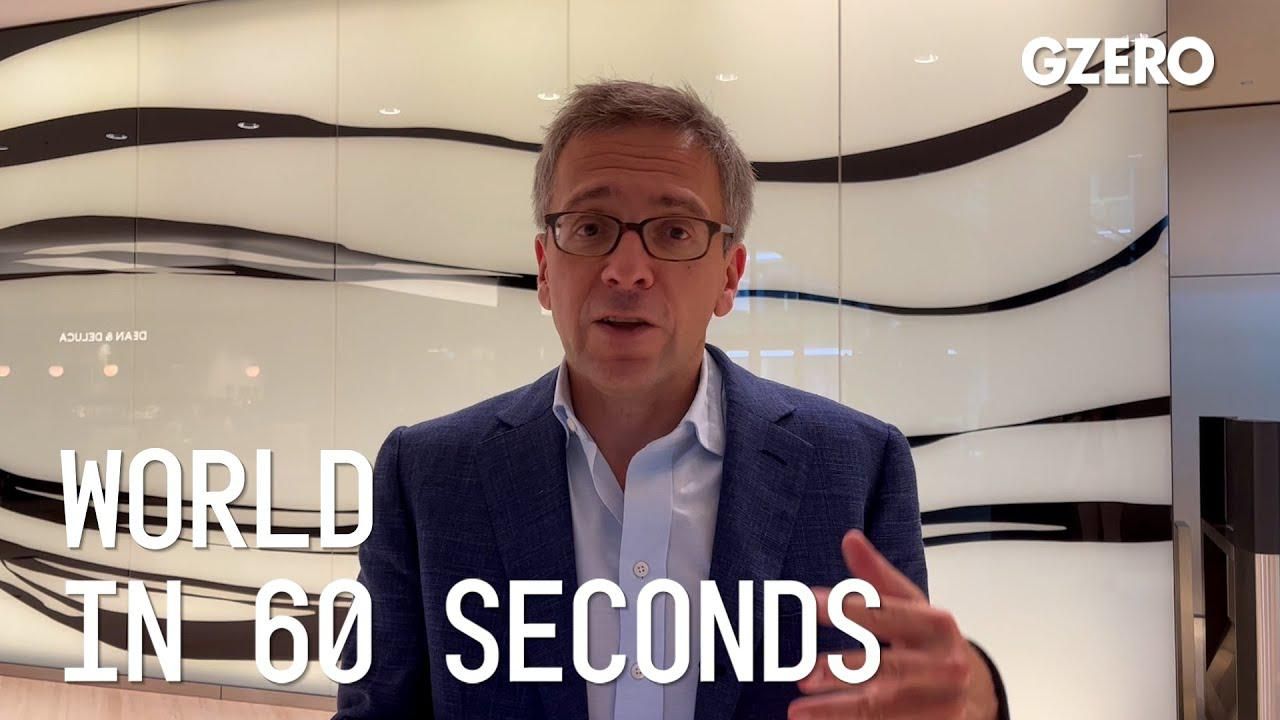
Ian Bremmer shares his insights on global politics this week on World In :60:
First, what is the significance of Japan and South Korea's presence at the NATO summit?
First of all, this is by far the most important NATO summit we've seen since the Wall has come down. Japan and South Korea, a very big deal. Trilateral meeting with President Biden, the two American allies most important that have a dysfunctional relationship, fundamentally dysfunctional on the global stage, and increasingly they are trying to align Kishida, the Prime Minister, and Yoon, the President of South Korea, trying to make that happen. Also, we're increasingly seeing a transformation of NATO to not just being a North Atlantic Alliance, but increasingly taking on global security issues. China's more of a focus. Asian allies, more of a focus. Keep in mind, New Zealand and Australia also there.
Okay, with China lowering its quarantine period, do they finally have control of COVID-19?
No, they're lowering their quarantine period, but it's still very extended for anybody that would be thinking about coming. It's not like they're going to open up for tourists all of a sudden, or even a lot of business travel. And secondly, they are also increasing testing. Those are all things that are going to eventually help move them towards normalization, but they are still minimum of months away from anything that would look like a post zero-COVID policy. I think it's probably mid-2023 is what we're really looking at.
Also, will new G7 sanctions on Russia be effective at stopping the war in Ukraine?
No, no they won't. The only thing that's going to stop the war in Ukraine, frankly, is the Russians running out of troops and getting exhausted, which is closer to coming. And that means territorial gains are going to be harder to come by over the coming months and then we're closer to a frozen conflict. But that doesn't end the war, it just freezes the war. And that's a big problem because it means that Russia's relationship with NATO going forward is fundamentally broken, fundamentally hostile, and cold war with elements of hot war.